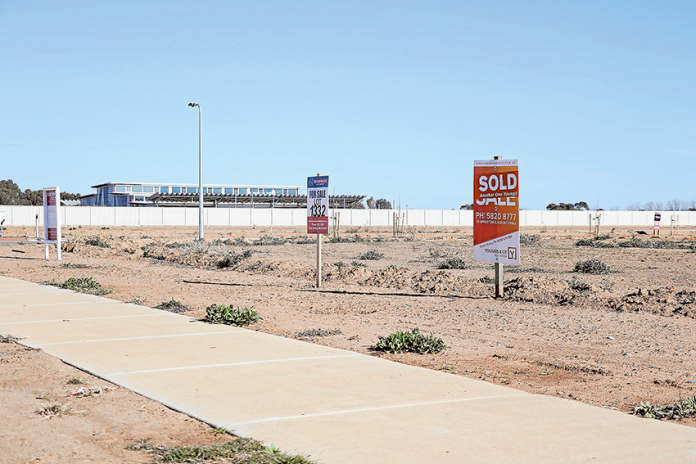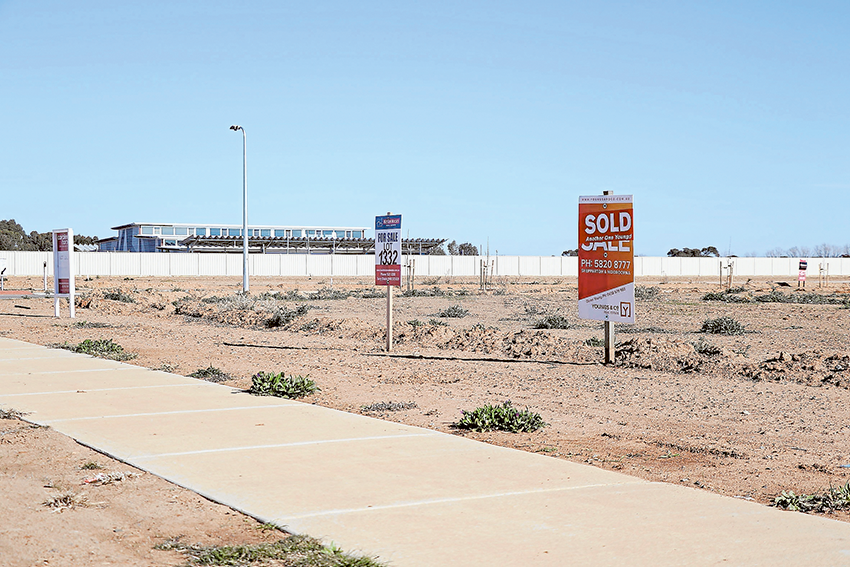

VACANT land is one of the most overlooked and misunderstood real estate investments in the world. On the surface, it seems simple, but there can be a lot of potential problems lurking beneath the surface of any piece of land so here is what to look out for.
1. What is the zoning on the property?
First and foremost, it is vitally important to understand what a property can be used for, and what the highest and best use of the property is. With a simple phone call to your local planning and zoning department, most offices can give you the answer to this question in a matter of seconds. Once you know the zoning classification, ask them to give you some examples of what type of property would be allowed under each of these particular zoning classifications.
2. What is the topography of the property?
There are many, many places around the world that have very unpredictable elevations. In many cases, the topography of the land can have a huge impact on the build-ability of a property.
3. What public utilities are available? (water, sewer, electric, gas and phone)
If a property doesn’t have access to one or more of these staples of reasonable living, the property may not be considered build-able. Since most people buy land with the intent building on it, you will definitely want to be aware of anything that could become an obstacle to that objective.
4. What are the required building setbacks?
First, you need to understand the exact dimensions of the parcel of land you are evaluating. Next, call the local zoning department and ask them what the designated building setbacks are for the property in question. When you take these setbacks and regulations into account (relative to the size of this parcel of land), is there still enough room to build something worthwhile or does it render the property useless?
5. Is the property located in a flood zone?
In some parts of the country, parcels of land are vacant because they are literally under water. In other areas, there may be properties near bodies of water that are prone to flooding. In either case, if a property is at risk of flooding you’ll want to know about this before you buy because when a property is in a flood zone, it can be extremely expensive to insure.
6. What do the surrounding properties look like?
The properties next door can have some major implications for the value and sale-ability of a parcel of land. For understandable reasons, most people care a great deal about who and what they live next to, so be sure to get a good idea for what the surrounding properties look like. Is this a desirable area? Is it the type of place where you (or anyone else) would want to live? If the surrounding properties have any obvious issues that are beyond your control, you’ll want to think very carefully about what this means for the property’s value and whether or not you want to own it.





